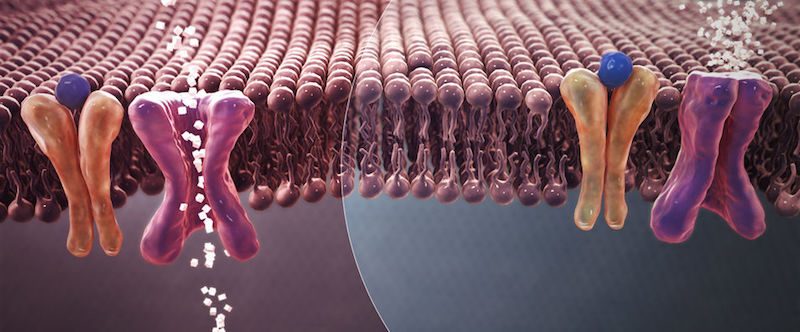Qatar Biomedical Research Institute (QBRI) under Hamad Bin Khalifa University (HBKU), recently signed a five-year collaborative research and training agreement with the Harvard Stem Cell Institute (HSCI) in Boston, including technical training and research in stem cell biology, essential for discovering viable treatments for diabetes.
 The prevalence of diabetes type 1 and 2 is a rising global healthcare challenge. Recent advances in stem cell research, led by HSCI scientists, are set to help both type 1 and type 2 diabetes patients cope with their condition by producing new insulin-producing cells. Such advances can be extended to address many diseases that have a major impact on society.
The prevalence of diabetes type 1 and 2 is a rising global healthcare challenge. Recent advances in stem cell research, led by HSCI scientists, are set to help both type 1 and type 2 diabetes patients cope with their condition by producing new insulin-producing cells. Such advances can be extended to address many diseases that have a major impact on society.
In this new collaboration, QBRI scientists will work closely with HSCI researchers to exchange knowledge and best practice, and to accelerate the translation of discoveries into clinical applications.
In addition to building scientific capacity in the region, the partnership will support ground-breaking research in stem cell biology. Clinical trials that arise from these endeavours will be conducted in collaboration with QBRI’s major stakeholders, including Hamad Medical Corporation and Sidra Medicine.
According to Dr Omar El Agnaf, Acting Executive Director at QBRI, the partnership with HSCI is another step towards their primary goal of conducting research that has tangible, meaningful impact on the wider community. He said that innovation and entrepreneurial vision are at the core of QBRI activities and this partnership is a crucial step in spurring progress towards their vision – to solve some of the critical challenges facing Qatar and the region.
Thanks to this agreement, newly recruited investigators at QBRI will be engaging in ground-breaking research within the largest collaborative network of stem-cell researchers in the world.’
HSCI – a network of 1,000 scientists at Harvard University and its eight affiliated hospitals – is a champion of research in stem cell biology and regenerative medicine. It is a powerful partner for realising QBRI’s strategic plan to develop the first cell-therapy programme in the region.
Brock Reeve, Executive Director of HSCI, said partnering with QBRI allows them to share knowledge and expertise efficiently through advanced training, and to conduct meaningful research with focus on translation.
We are really looking forward to working together, and to seeing what new opportunities for discovery arise as a result.’
QBRI aims to address major health challenges over the long term by supporting scientific research into the molecular basis of various diseases, and biomedical research that seeks to translate those insights into solutions for diabetes, neurological disorders, and cancer. The partnership with HSCI will facilitate progress in these areas.
Research is also integral to HBKU’s mission to help build high-level skills capacity in Qatar. This new partnership allows the university to actively leverage synergies with local and international organisations to foster a world-class education ecosystem that promotes scientific discovery and benefits humankind. For updates and more information, visit qbri.org.qa.





